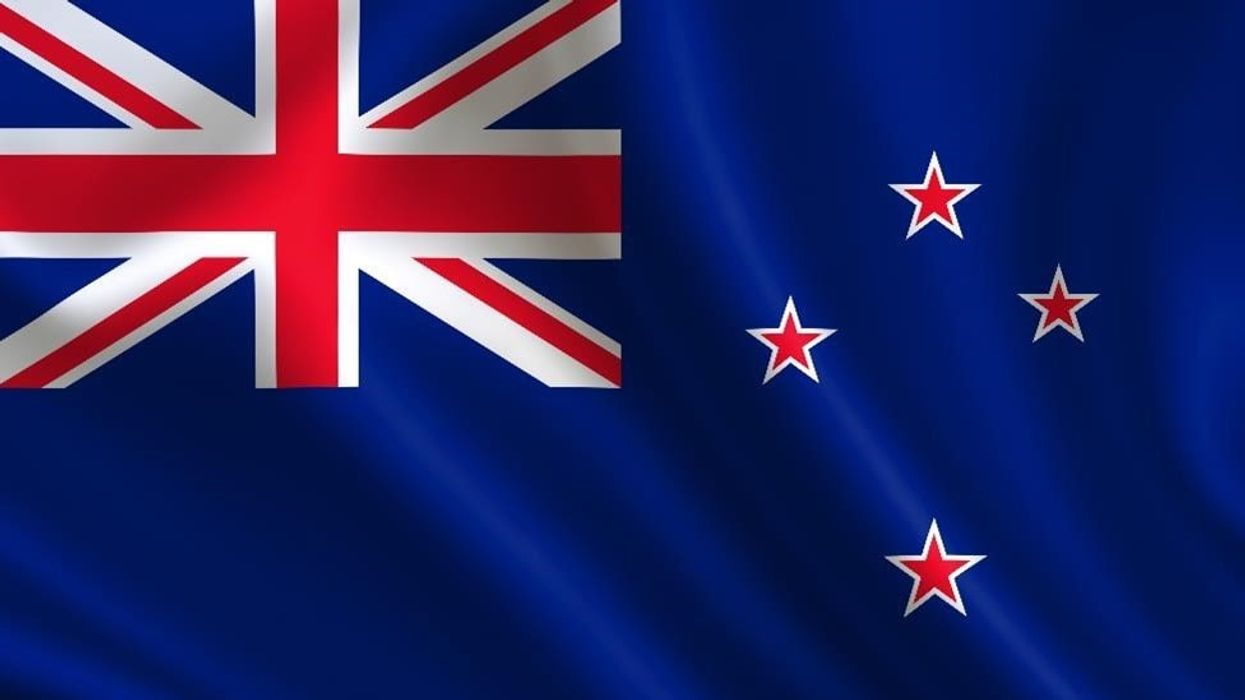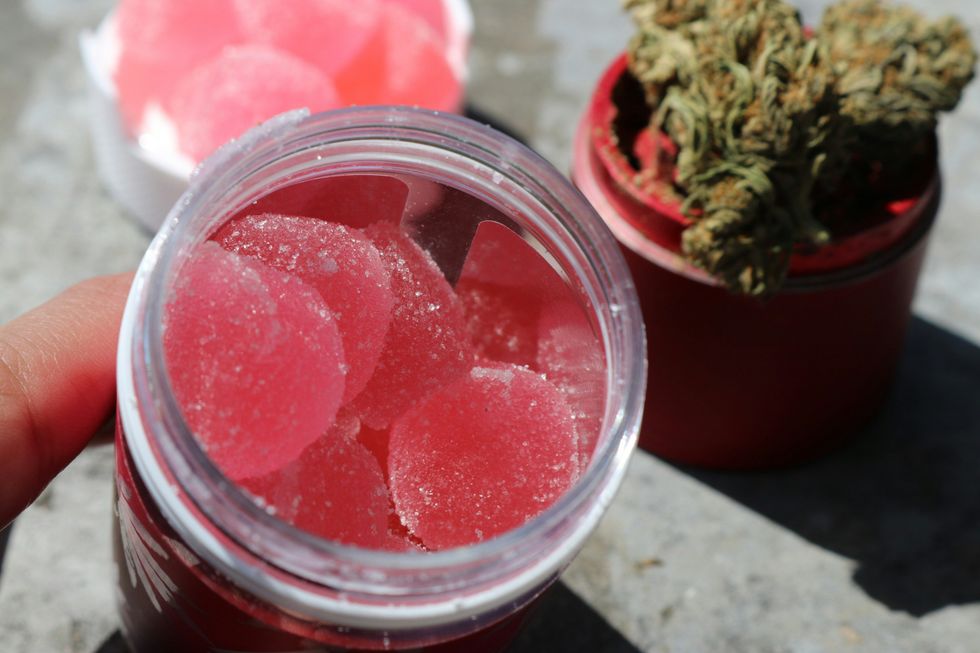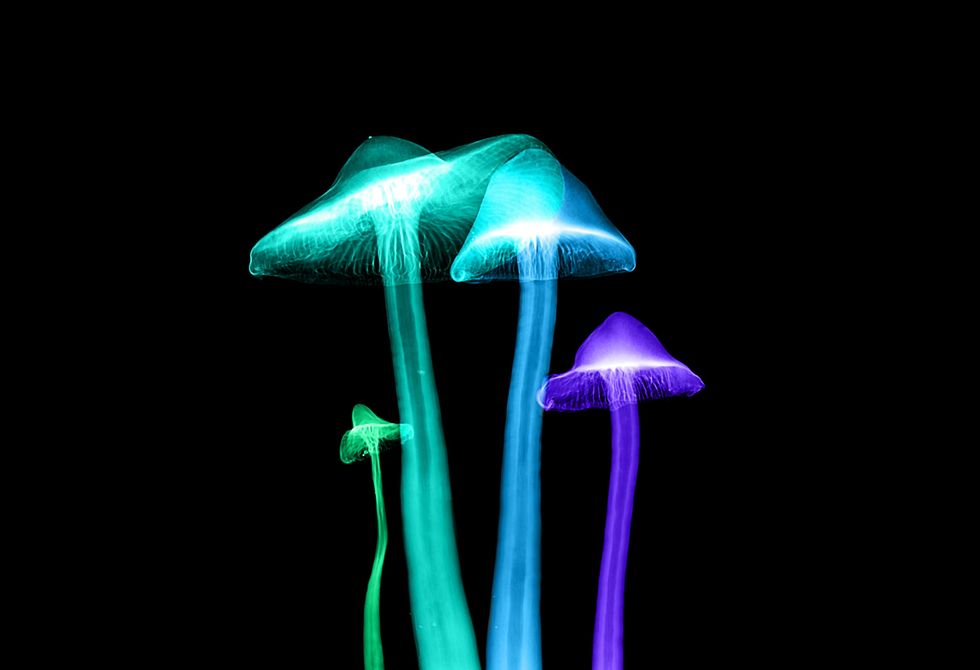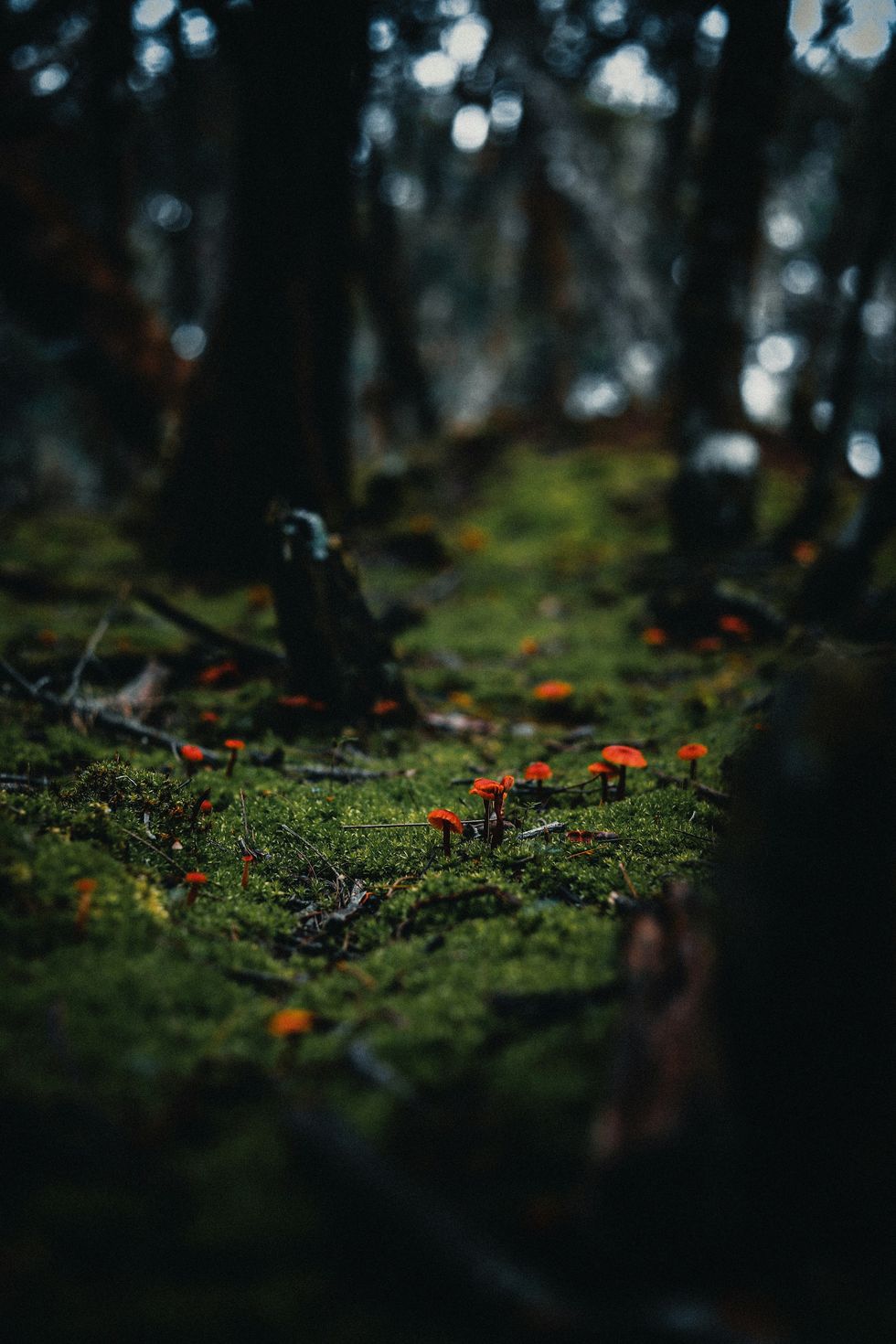New Zealanders have voted ‘no’ on the referendum to legalize and regulate cannabis for adult use.
However, there is still a sliver of hope for cannabis advocates.
The preliminary results of the referendum – released on Oct. 30 – reveal 53.1 percent votes against and 46.1 percent in support of cannabis legalization.
Notably, these results are preliminary with approximately 480,000 special votes still to be counted.
Around 333,000 of these special votes would need to be a ‘yes’ for the cannabis referendum to seal a win.
Once these remaining votes are counted, the official results of the referendum are scheduled to be announced on Nov. 6.
The referendum – which was initially announced in Dec. 2018 – asked voters whether or not they wanted legislation that would regulate the use and sale of cannabis for adults.
The results of the referendum are considered non-binding, meaning it’s up to Parliament on whether or not to move forward with legislation.
Meanwhile, New Zealand’s other referendum on the right to euthanasia won by a significant margin.
Cannabis Reform Advocates Not Giving Up
As reported by stuff.co.nz, pro-cannabis leaders are still hopeful.
“Special votes traditionally swing progressive, so we are very hopeful that we will pick up the difference when the final count is in,” said Make It Legal NZ spokesperson Sandra Murray.
“We have always known that the result would be close, and months of misinformation from the Nope to Dope campaign, resourced by wealthy overseas backers, has had its effect.”
Murray added that given the significant number of ‘yes’ votes, the New Zealand government ought to pursue some type of cannabis reform regardless of the final voting results.
Additionally, many citizens took to Twitter, expressing their disappointment over the preliminary results.
Support Leading up to New Zealand Cannabis Referendum
Leading up to the referendum vote, people were uncertain which way voters would lean although the general consensus was that it would be close.
A poll conducted in February reported that 51 percent of participants thought cannabis should remain illegal.
In September 2019, former Prime Minister Helen Clark published an editorial with the Guardian, outlining how cannabis prohibition is a failed effort.
“Clearly, the prospect of invoking criminal sanctions has had little impact on people’s behaviour,” Clark wrote.
“Evidence from longitudinal studies carried out in New Zealand indicates that by the age of 25, 80% of New Zealanders will have tried cannabis at least once. Put simply, prohibition-based policy approaches have not eradicated and will not eradicate cannabis consumption and supply in New Zealand or anywhere else where its use is established.”
Clark encouraged New Zealanders to vote yes in the 2020 referendum on cannabis, writing:
“The time has come for New Zealand to face up to the widespread use and supply of cannabis in the country and to legalise it and regulate it accordingly. No useful purpose is served by maintaining its illegal status.”
New Zealand Drug Foundation on Cannabis
In their November 2019 State of the Nation Report, the New Zealand Drug Foundation’s Kali Mercier also encouraged people to vote yes on the 2020 cannabis referendum:
“We’d like to see a massive overhaul of our outdated drug laws. Next year’s cannabis referendum is a great opportunity: people are still being arrested and convicted for cannabis,” wrote Mercier, who is the Policy & Advocacy Manager for the Drug Foundation.
“In the past decade 45,665 people were convicted of a cannabis offence, and 6,583 of those were sent to prison. We look forward to moving towards health-focused legal regulation.”
The report also raised concerns around deaths, seizures and other incidences linked to synthetic cannabinoids – while pointing to alcohol as the most harmful drug in New Zealand.
Meanwhile, Medical Cannabis in New Zealand…
The results of the referendum will not affect New Zealand’s medical cannabis program, which has slowly started to gain momentum. However, many patient advocates were hopeful that a ‘yes’ on the referendum would lead to increased access and lower prices for people who depend on cannabis for their health needs.
On April 1, 2020, New Zealand launched the Medical Cannabis Agency to carry out the country’s medicinal cannabis scheme.
At the time, at least one patient advocacy group in New Zealand responded to the progress as “bittersweet.”, raising socioeconomic concerns about patient cost while applauding the intent to bolster prescriber education.
NORML NZ’s Rebecca Reider also weighed in on the new medical cannabis program at the time of launch.
“It’s so close and so far,” said Reider who was also the consumer representative for the Government’s Medicinal Cannabis Advisory Group.
“The progress is exciting. But many patients are worried that legal cannabis products will continue to be too expensive, forcing many of us to keep relying on illegal sources,” she said.
“Every patient I’ve been in touch with is pulling strongly for a ‘yes’ vote in the referendum to make safe, legal cannabis more accessible.”
On October 13, just days before the country’s election, Radio New Zealand (RNZ) reported that the New Zealand Medical Association (NZMA) was switching its stance on the cannabis referendum – from opposed to neutral.
According to RNZ, many doctors believe that NZMA’s position on cannabis – which focuses on potential harms of the drug and dates back to 2012 – is outdated.
In the meantime, many patients and cannabis consumers will continue going to the country’s underground market for their plant medicine. The concern here is not only the legal risk but also the health risks that come with unregulated products potentially contaminated with pesticides, bacteria, mold, and other undesirables.
Hopefully the country’s leaders will soon get on the right side of history.
The Bluntness is gearing up for big things. Don't miss out! Sign Up for our newsletter to stay in the loop.














 Apple Fritter Strain - The Bluntness
Apple Fritter Strain - The Bluntness Apple Fritter Strain Review
null
Apple Fritter Strain Review
null


 Can Drug Dogs Smell Edibles? - The Bluntness
Photo by
Can Drug Dogs Smell Edibles? - The Bluntness
Photo by  Can Drug Dogs Smell Edibles? - The Bluntness
Photo by
Can Drug Dogs Smell Edibles? - The Bluntness
Photo by 
 Introduction to Psychoactive Mushrooms: The Aztec God Strain - The Bluntness
Photo by
Introduction to Psychoactive Mushrooms: The Aztec God Strain - The Bluntness
Photo by  Introduction to Psychoactive Mushrooms: The Aztec God Strain - The Bluntness
Photo by
Introduction to Psychoactive Mushrooms: The Aztec God Strain - The Bluntness
Photo by